Related Research Articles
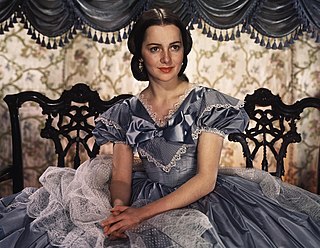
Walter Plunkett was a prolific costume designer who worked on more than 150 projects throughout his career in the Hollywood film industry.
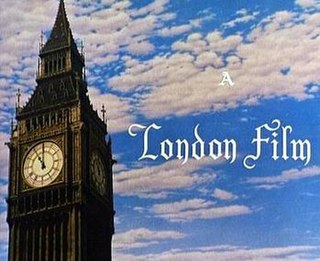
London Films Productions is a British film and television production company founded in 1932 by Alexander Korda and from 1936 based at Denham Film Studios in Buckinghamshire, near London. The company's productions included The Private Life of Henry VIII (1933), Things to Come (1936), Rembrandt (1936), and The Four Feathers (1939). The facility at Denham was taken over in 1939 by Rank and merged with Pinewood to form D & P Studios. The outbreak of war necessitated that The Thief of Bagdad (1940) be completed in California, although Korda's handful of American-made films still displayed Big Ben as their opening corporate logo.
Stuart Heisler was an American film and television director. He was a son of Luther Albert Heisler (1855–1916), a carpenter, and Frances Baldwin Heisler (1857–1935). He worked as a motion picture editor from 1921 to 1936, then worked as film director for the rest of his career.
Sidney Barnett Hickox, A.S.C. was an American film and television cinematographer.
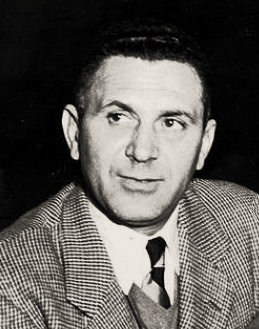
Milton R. Krasner, A.S.C. was an American cinematographer who won an Academy Award for Three Coins in the Fountain (1954).
Erich Adolf Dunskus was a German film actor. He appeared in 170 films between 1927 and 1966. He was born in Pillkallen, East Prussia and died in Hagen, Germany.

Walter Janssen was a German film actor and director. He appeared in more than 160 films between 1917 and 1970.
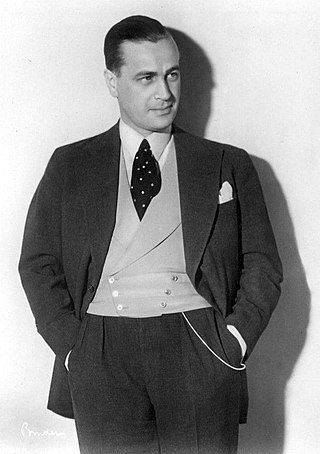
Karl Ludwig Diehl was a German film actor. He appeared in 66 films between 1924 and 1957. His father was Karl Diehl, the German professor of Anarchism.

Conrad Albinus Nervig was an American film editor with 81 film credits.

Paul Henckels was a German film and stage actor. He appeared in more than 230 films between 1921 and 1965. Paul Henckels had started his acting career on the stage in the 1900s.
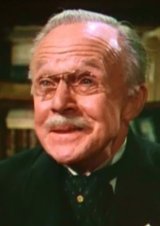
Harold Elliott Makeham was an English film and television actor.

Aribert Wäscher was a German film actor.
Hans-Otto Borgmann was a German film music composer during the Third Reich.
Bruno Mondi was a German cameraman and director of photography.
Gustav Püttjer was a German film actor who appeared in around 150 feature films between 1927 and 1959. He largely played character parts. After the Second World War he settled in East Germany appearing in the films of the state-controlled company DEFA.
Franz Weihmayr was a German cinematographer who worked on over 80 films between 1924 and 1964. He was one of the leading German cinematographers of the Nazi era, working on a number of Zarah Leander films and the 1935 propaganda documentary Triumph of the Will. His marriage to Ada Tschechowa ended in divorce. After the Second World War, Weihmayr worked in West German cinema, including rubble films such as Love '47.
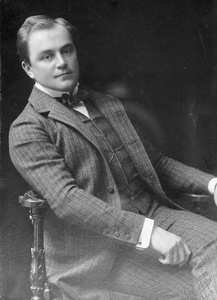
Gustav Waldau was a German actor. He appeared in more than 100 films between 1915 and 1955.
Harry C. Neumann of Chicago, Illinois, was a Hollywood cinematographer whose career spanned over forty years, including work on some 350 productions in a wide variety of genres, with much of his work being in Westerns, and gangster films.
Carl Leo Pierson (1891–1977) was an American film editor who edited more than 200 films and television episodes over the course of his lengthy career in Hollywood. He also produced and directed a handful of movies.
George Robinson was an American cinematographer.
References
- ↑ Rentschler p.282